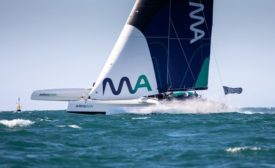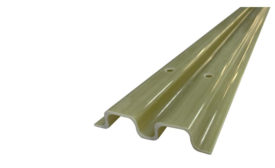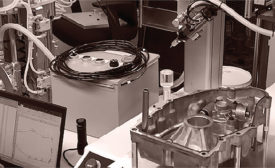Finished Adhesives and Sealants
Tape Talk
Tape Week 2022 detailed cutting-edge research and market-related developments for pressure-sensitive adhesive (PSA) tape professionals and end users alike.
Read More
Lightweight, High-Strength Solutions for Automotive Applications
When combined with structural adhesives or overmolded thermoplastics, composite putrusion systems* help deliver high-strength, lightweight macrostructures that can help automotive manufacturers meet efficiency goals while optimizing costs.
August 18, 2022
Process Design Decisions for Successful Form-in-Place Gasket Sealing
Innovations in automotive design have led to substantial changes in how form-in-place gaskets (FIPGs) are used today.
August 15, 2022
Keep the info flowing with our eNewsletters!
Get the latest industry updates tailored your way.
JOIN TODAY!Copyright ©2025. All Rights Reserved BNP Media.
Design, CMS, Hosting & Web Development :: ePublishing









